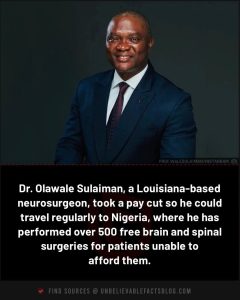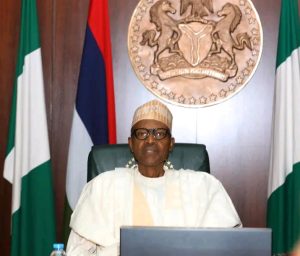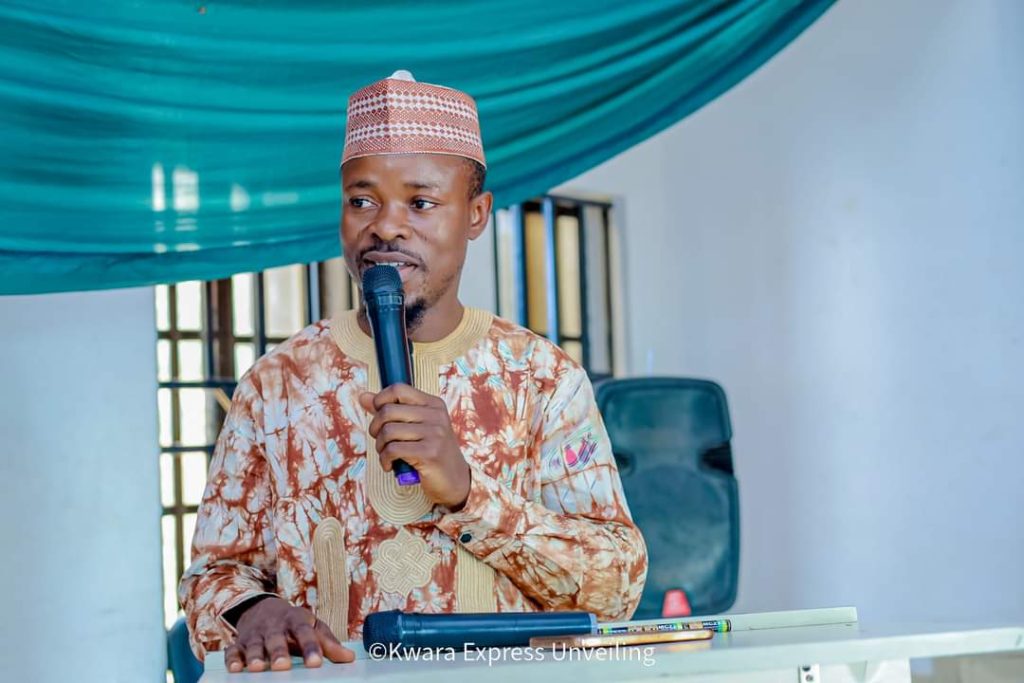By Abdulwaheed Onikanhun
The swirling discussion of whether the proposed tax reforms are truly necessary reforms or an imposed burden on Nigerians sparked heated controversies and unending debates upon its presentation to National Assembly, on the 3rd October, 2024.
The proposed reforms, are largely data driven based on recommendations by the Oyedele-led Presidential Committee on Fiscal Policy and Tax Reforms, inaugurated by President Bola Ahmed Tinubu in August, 2023 with a broad mandate to carry out critical reforms bothering on Fiscal Governance, Revenue Transformation and Economic Growth Facilitation.
Findings revealed that this committee is largely representative as it cuts across Nigerians of all age categories-young and old, including tax and policy experts from across various Nigerian Universities.
However, critics argued that the bills disproportionately burden middle-income earners and low-income households, while proponents highlight their potential to revitalize Nigeria’s economy and address systemic inequalities.
Majority of contributors to the debates on the ongoing proposed tax reforms including the Northern governors further argued that the bills represent a covert attempt to impoverish the already struggling poorest of the poor and middle-income earners, who are expected to bear the brunt of increased charges.
Another point of contention on the bills was the extravagant lifestyles of the ruling elites, which is largely funded by taxpayers’ money. Participants on the ongoing debates further claimed that the trend would likely be exacerbated by increasing the rate of taxation, particularly the proposed increase in Value Added Tax (VAT) from the current 7.5% to 15% for any companies with income above 50 Million Naira which is likely to further strain the financial capacity of ordinary citizens.
From the forgoing, the inference of the proposed tax reforms debate among many Nigerians raised a tacit consensus that the bills are anti-people and should therefore be rejected by the National Assembly. This consensus is so forged, once you start to think about it, you find it difficult to think about something else.
Consequently, it becomes imperative to objectively re-examine the proposed bills to determine whether they are genuinely anti-people or if there are alternative pathways to address the underlying fiscal concerns. Additionally, it is crucial to explore the intent and projected impact of the proposed bills.
Therefore, I rhetorically asked once again: Are these proposed bills truly anti-people, as claim, or do they present a unique opportunity to address Nigeria’s economic challenges?
Baseline of the Tax System Reformations
Nigeria has the highest number of taxes in the world, about two hundred different taxes, official and unofficial combined. Yet, the Tax-to-GDP ratio remains extremely low at 6% compared to the African average of 16%. Many other countries collect efficiently all these taxes in just about ten different taxes and collect multiples of what Nigeria collects today.
It is also staggering to note that Nigeria is among the top ten countries in the world whose tax administration favours largely the rich, at the expense of the poor-taxing poverty to fund the government, and in a way breeding more poverty.
For instance, to be categorized as too poor to pay personal income tax in South Africa, your income must be less than or equal to ₦660,000 equivalent. In Kenya, you are charged personal income tax only when your income equals or exceeds ₦282,000 equivalent. While in Nigeria, you pay personal income tax once you earn 30,000 or more, lowest in anywhere in the world, implying taxing poverty, yet the government has no revenue to show for it.
This symbolizes the fact that Nigeria’s tax system is one of the most ferocious, anti-investment, anti-people and the most backward in the world, with many of these taxation laws inherited from colonial masters. This calls for immediate reform as recognized by Mr. President upon assumption of office in May, 2023.
To date, the best tax system in the world today is progressive in nature whereby the rich pay more to fund the government, focusing on the top end of the ladder. For example, in the United State of America, the top 5% of the earners contribute approximately 60-65% of total income tax. In UK, the Top 5% of taxpayers contribute about 50% of the total tax revenues. In South Africa, the top 5% of their population contribute about 90% of Total tax. In Nigeria, the top highest earners pay lower taxes and this heightens the problem of inequality, amounting to low government revenues and higher tax burden on the lower end of the tax base, leading to high levels of poverty and inequality.
The Nigeria’s Socio Economic Landscape
Nigeria faces profound and unprecedented economic challenges, with multidimensional poverty affecting 133 million citizens, according to a 2022 Nigerian Bureau of Statistics (NBS) report. Stagnant average real GDP growth of about 2%—lagging behind a population growth rate of 3.5%—high inflation rate, rising public debts with its attendant high cost of servicing them, and low and declining investment further compound these issues.
This has significant negative implications for the living standard of average Nigerians, with more people sinking deeper into poverty than the previous day.
According to Nigeria Director-General of Budget Office of the federation, Tanimu Yakubu, Nigeria emerged as the largest Economy in Africa in 2014 with Gross Domestic Product (GDP) valued at $493 billion. Unfortunately, the value is projected to decline by 40% to $363 billion by the end of 2024 with expected further decline of 19.6% to $241 billion by 2025 if no corrective action is urgently taken. This means Nigeria Economy would have lost about 50% of its economic value in just one decade.
More worrisome is the fact that Nigeria is ranked among the top ten countries in the world in terms of personal income tax, making the country one of the least preferred investment destinations in the World.
Interestingly, in line with the current tax regime, companies are forced to pay tax even when such a company has made a loss, amounting to taxing capital, instead of profit.
This is the quickest way to kill any company, in a way leading to loss of jobs, aggravating the already high unemployment rate in Nigeria.
Little wonder, Nigeria attracted a paltry sum of $3.91 billion in foreign investment in 2023, representing a 27% decline compared to the $5.33 billion recorded in 2022. Whereas, Egypt attracted $9.841 billion in Foreign Investment in the same year to remain the top investment destination in the continent.
The Nigeria Fiscal Realities
In investigating the causes of low tax revenues and proffer possible solutions, the Oyedele-led Committee’s findings paint a grim picture of Nigeria’s fiscal position.
According to the findings of this committee, Nigeria total tax revenues in 2023 amounted to ₦18 trillion, a figure that barely covers one-third of the combined federal, state, and local government budgets of ₦51 trillion.
These realities necessitate bold fiscal reforms, and the proposed tax bills aim to broaden the tax base, streamline collection, and ensure simplicity, openness and fairness in the system. The proposed reforms featured a designed focus on equity and efficiency, offering several benefits that outweigh perceived shortcomings.
The Benefits of the Proposed Bills
One of the key proposals of the new bills is the tax exemptions for Low-Income Earners. By implications, over 90% of workers in both public and private sectors will no longer pay personal income tax as against the current regime where anyone earning 30,000 or more is made to pay such a tax. In addition, Individuals earning below ₦1.7 million monthly will pay reduced tax rates, while those earning under ₦9 million annually could see their tax rates halved.
This, if properly implemented would amount to freeing up little more funds for this category of Nigerians to spend. The increase in spendings will contribute more to the growth of Nigeria Gross Domestic Product (GDP).
Another notable key proposal in this new bill is that small businesses with annual turnover below ₦50 million will be exempted from corporate taxes.
Moreover, over 82% of goods, such as agricultural produce and food, will be VAT-free. This will automatically reduce the cost of food items which is required for sustenance.
Genuine Concerns
The major talking points of this new proposals is the increase in Value Added Tax (VAT) which will increase gradually from 10% in 2025 to 15% by 2030, with exemptions for essential goods. This concern is gathering momentum in both prints and online media.
The basis for this concern is that the Northern governors and other Nigerians queried the proposed removal of VAT on foods which remains the major VAT base for the Northerns. And that if the foods are tax exempt, then the North will loose substantial revenues that would have accrued to the it from the sales of food to every parts of Nigeria.
Additionally, Nigerians feels that the incidence of increase in VAT will eventually fall on ordinary Nigerians as this companies will most likely increase the prices of their products.
The above concerns are however genuine and requires further consultations to prevent more crisis in the Nigeria Economy.
The Nigeria’s Taxpayers
The necessity of a robust tax system is evident from the contributions of Nigeria’s top taxpayers in 2024. Dangote Cement led the pack, paying ₦128.7 billion in taxes in the first nine months of 2024, a 3% year-on-year increase. MTN Nigeria contributed ₦126.6 billion, despite a 31% decline from the previous year.
UBA paid ₦102.3 billion, marking a 227% year-on-year growth, emerging as the top taxpayer among Nigerian banks. Other significant contributors include Seplat Energy (₦95.9 billion), GTCO Holdings (₦83.1 billion), and Zenith Bank (₦78.1 billion). These figures illustrate the vital role of effective tax policies in sustaining government revenue.
Critics’ Concerns Versus Realistic Expectations
Opponents of the reforms argue that they could exacerbate economic inequality by the fact that the burden of increasing VAT will eventually be borne by the masses. However, a closer examination reveals a focus on reducing tax burdens for low-income households and small businesses, while ensuring wealthier entities pay their fair share. For example, the reforms propose to eliminate consumption taxes collected by states and abolish over 60 types of levies hampering industrial growth.
By streamlining tax policies and ensuring that VAT is collected where goods are consumed rather than where companies are headquartered, the reforms address long-standing inefficiencies.
The proposed tax reforms are a bold and necessary step toward revitalizing Nigeria’s fiscal landscape. By prioritizing equity, reducing the tax burden on low-income earners, and eliminating inefficiencies, these reforms align with global best practices for people-centric tax policies. While skepticism is expected, the long-term benefits far outweigh the perceived drawbacks.
Constructive dialogue, public awareness, and transparency will be key to ensuring the successful implementation of these reforms. The question is not whether Nigeria can afford these reforms but whether it can afford not to adopt them and therefore, the newly proposed Tax Reform Bills are pro-people policy and should be supported by every well meaning Nigerians.













